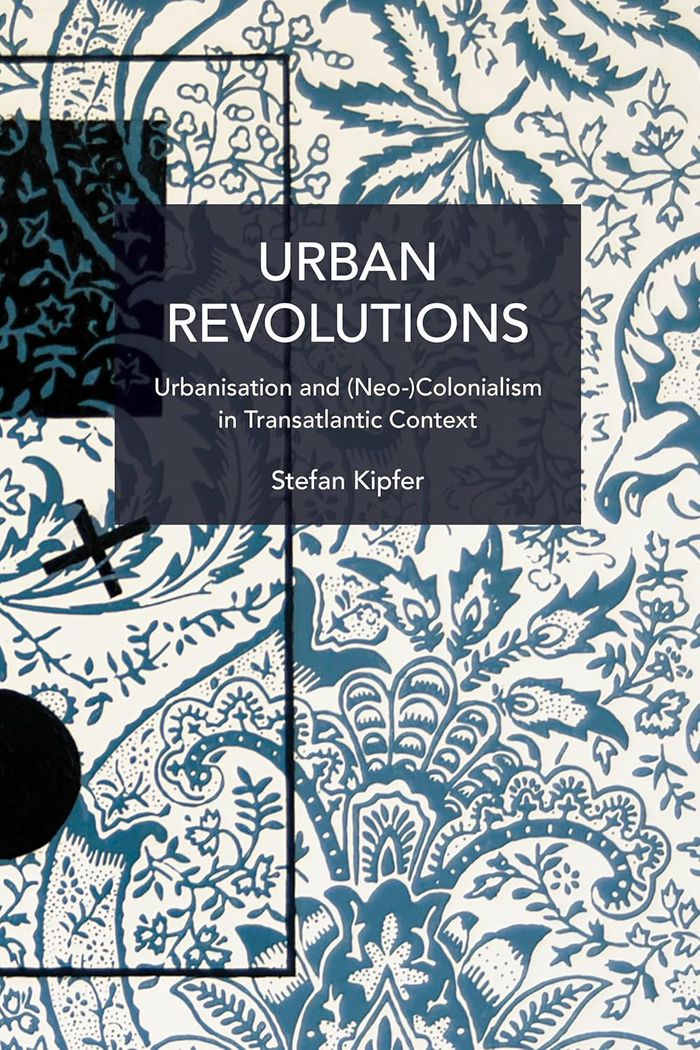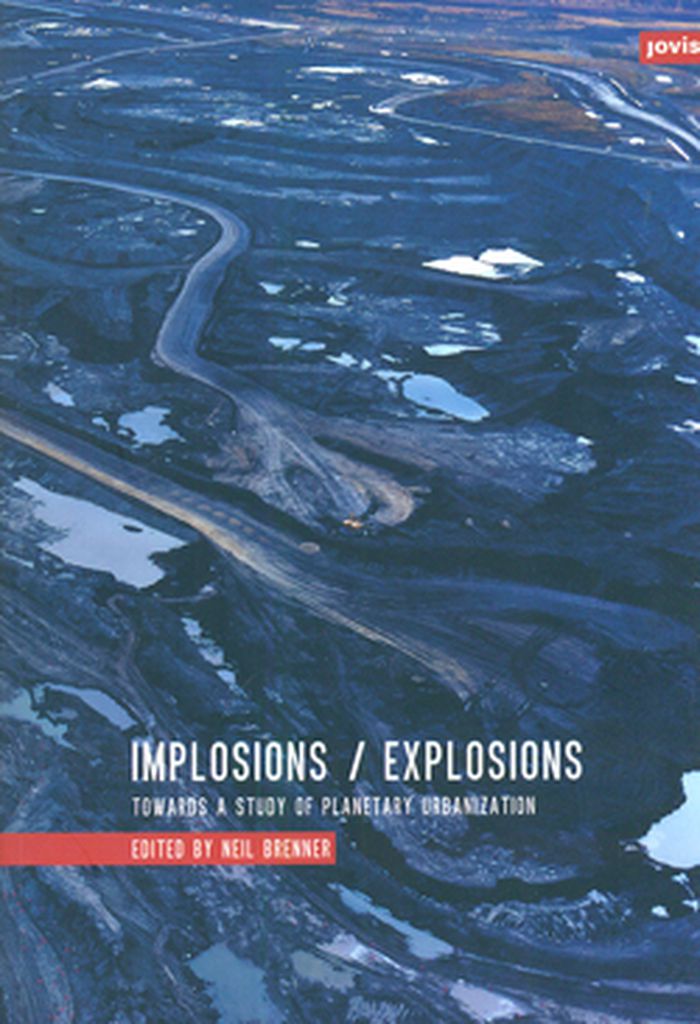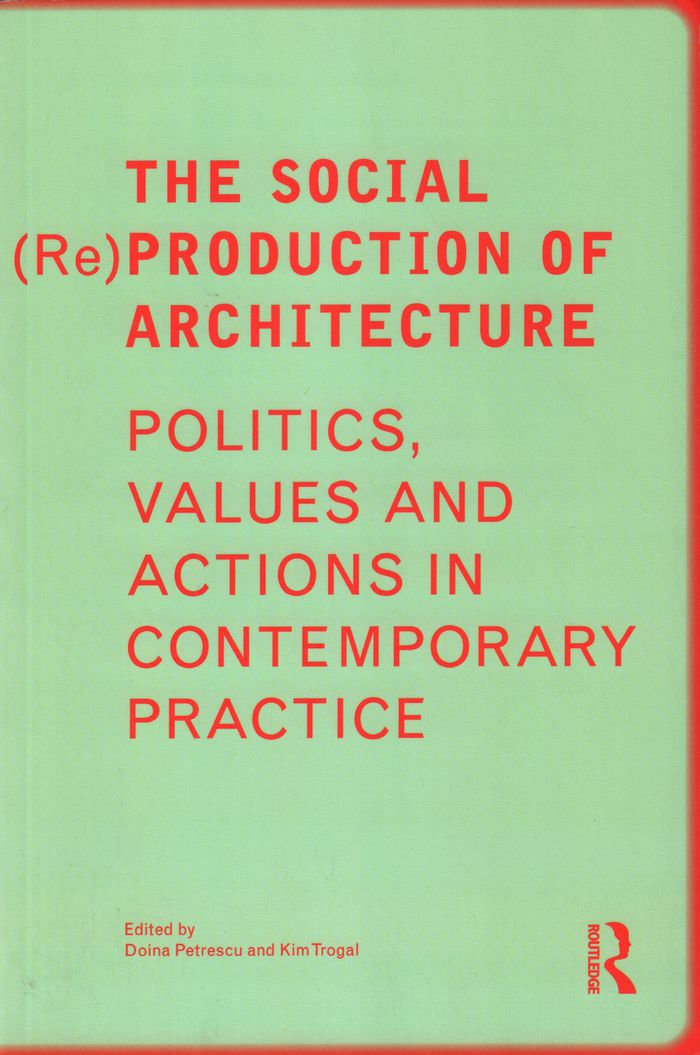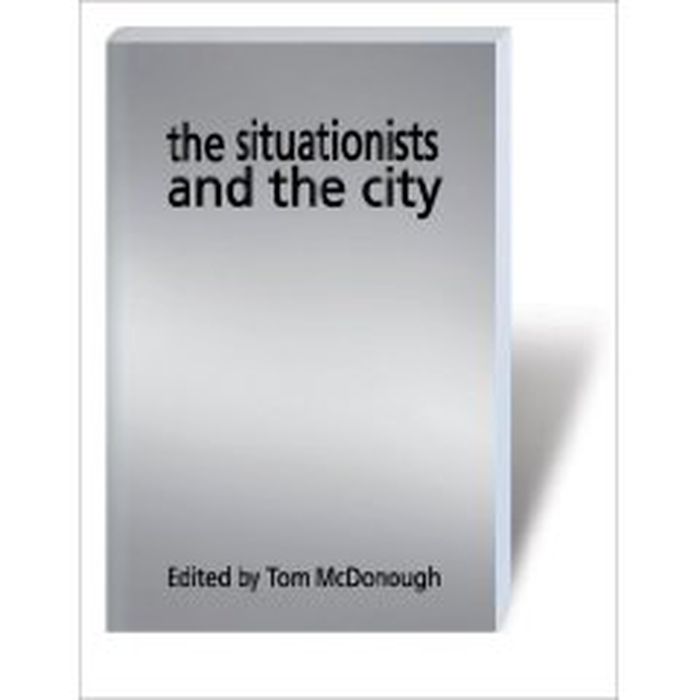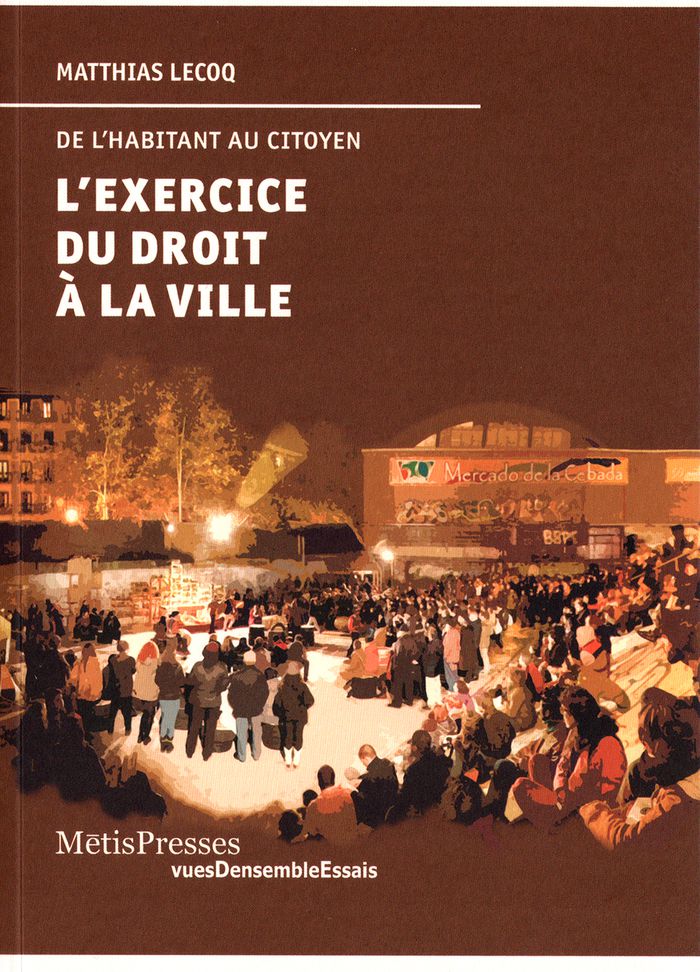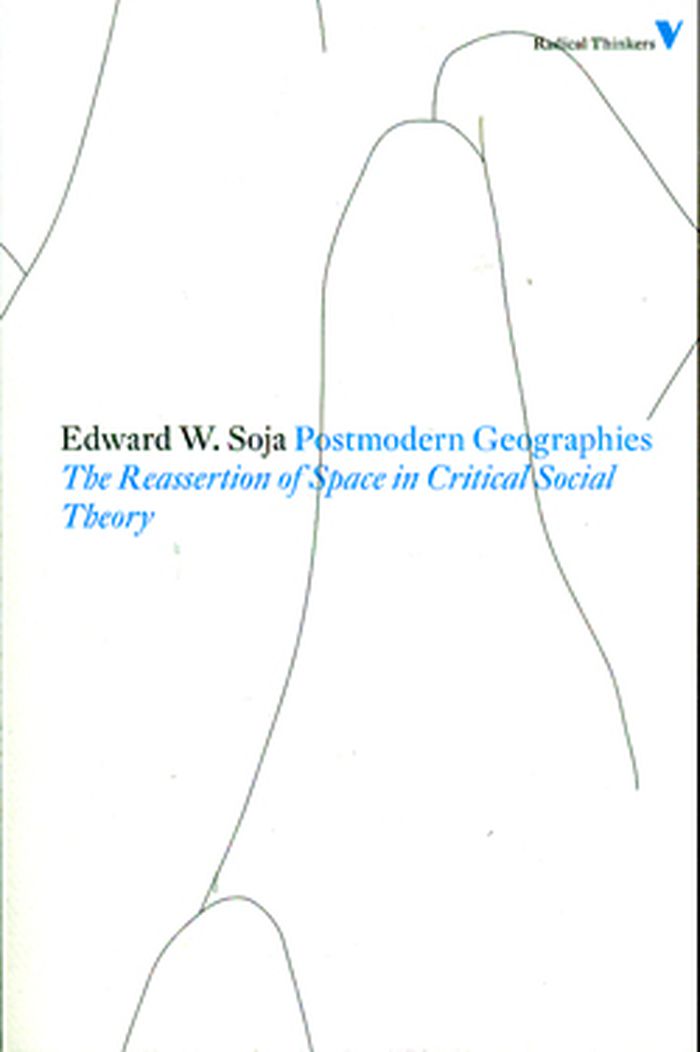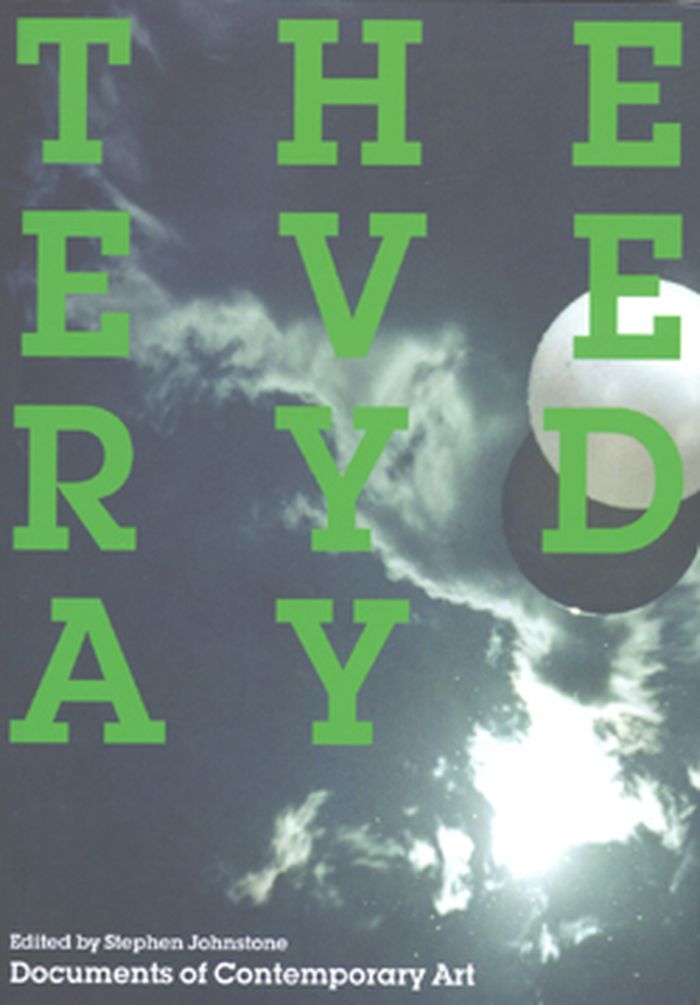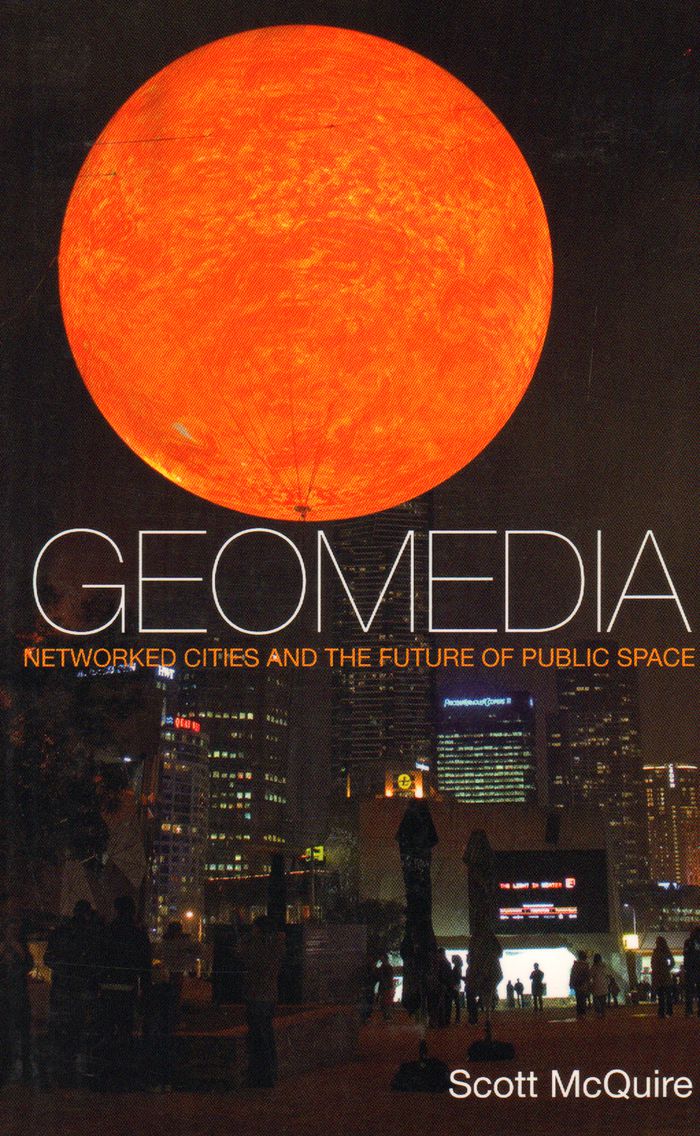$46.50
(disponible sur commande)
Résumé:
What do struggles over pipelines in Canada, housing estates in France, and shantytowns in Martinique have in common? In "Urban revolutions," Stefan Kipfer shows how these struggles force us to understand the (neo-)colonial aspects of capitalist urbanization in a comparatively and historically nuanced fashion. In so doing, he demonstrates that urban research can offer a(...)
Urban revolutions: Urbanisation and (Neo-) Colonialism in transatlantic context
Actions:
Prix:
$46.50
(disponible sur commande)
Résumé:
What do struggles over pipelines in Canada, housing estates in France, and shantytowns in Martinique have in common? In "Urban revolutions," Stefan Kipfer shows how these struggles force us to understand the (neo-)colonial aspects of capitalist urbanization in a comparatively and historically nuanced fashion. In so doing, he demonstrates that urban research can offer a rich, if uneven, terrain upon which to develop the relationship between Marxist and anti-colonial intellectual traditions. After a detailed dialogue between Henri Lefebvre and Frantz Fanon, Kipfer engages creole literature in the French Antilles, Indigenous radicalism in North America and political anti-racism in mainland France.
Théorie de l’urbanisme
$60.00
(disponible sur commande)
Résumé:
In 1970, Henri Lefebvre put forward the radical hypothesis of the complete urbanization of society, a circumstance that in his view required a radical shift from the analysis of urban form to the investigation of urbanization processes. Drawing together classic and contemporary texts on the "urbanization question", this book explores various theoretical, epistemological,(...)
Implosions/Explosions: towards a study of planetary urbanization
Actions:
Prix:
$60.00
(disponible sur commande)
Résumé:
In 1970, Henri Lefebvre put forward the radical hypothesis of the complete urbanization of society, a circumstance that in his view required a radical shift from the analysis of urban form to the investigation of urbanization processes. Drawing together classic and contemporary texts on the "urbanization question", this book explores various theoretical, epistemological, methodological and political implications of Lefebvre's hypothesis. It assembles a series of analytical and cartographic interventions that supersede inherited spatial ontologies (urban/rural, town/country, city/non-city, society/nature) in order to investigate the uneven implosions and explosions of capitalist urbanization across places, regions, territories, continents and oceans up to the planetary scale.
Théorie de l’urbanisme
The social (re)production of architecture: politics, values and actions in contemporary practice
$76.90
(disponible sur commande)
Résumé:
''The Social (Re)Production of Architecture'' brings the debates of the 'right to the city' into today’s context of ecological, economic and social crises. Building on the 1970s' discussions about the 'production of space', which French sociologist Henri Lefebvre considered a civic right, the authors question who has the right to make space, and explore the kinds of(...)
The social (re)production of architecture: politics, values and actions in contemporary practice
Actions:
Prix:
$76.90
(disponible sur commande)
Résumé:
''The Social (Re)Production of Architecture'' brings the debates of the 'right to the city' into today’s context of ecological, economic and social crises. Building on the 1970s' discussions about the 'production of space', which French sociologist Henri Lefebvre considered a civic right, the authors question who has the right to make space, and explore the kinds of relations that are produced in the process. In the emerging post-capitalist era, this book addresses urgent social and ecological imperatives for change and opens up questions around architecture's engagement with new forms of organization and practice. The book asks what (new) kinds of 'social' can architecture (re)produce, and what kinds of politics, values and actions are needed.
Théorie de l’architecture
livres
Sprawling places
$34.95
(disponible sur commande)
Résumé:
People often bemoan the spread of malls, suburban strips, subdivisions, and other sprawling places in contemporary America. But are these places as bad as critics claim? In Sprawling Places, David Kolb questions widely held assumptions about our built environments. Engaging with the work of such writers and critics as Henri Lefebvre, Manuel Castells, Karsten Harries,(...)
Sprawling places
Actions:
Prix:
$34.95
(disponible sur commande)
Résumé:
People often bemoan the spread of malls, suburban strips, subdivisions, and other sprawling places in contemporary America. But are these places as bad as critics claim? In Sprawling Places, David Kolb questions widely held assumptions about our built environments. Engaging with the work of such writers and critics as Henri Lefebvre, Manuel Castells, Karsten Harries, and Christian Norberg-Schulz, Kolb seeks to move discussions about sprawl away from the idea that we must “choose between being rooted in the local Black Forest soil or wandering in directionless space.” By increasing our awareness of complexity and other issues, Kolb hopes to broaden and deepen people’s thinking about the contemporary built environment and to encourage better designs in the future.
livres
août 2008
Théorie de l’urbanisme
$33.50
(disponible sur commande)
Résumé:
The Situationist International (SI), led by Guy Debord and central to the Paris uprising in May 1968, published many incendiary texts on politics and art in the journal Internationale Situationniste. One central theme to their work was rethinking the city: from a site for routine consumption and work to a utopia that breaks down barriers between function and play. In this(...)
The situationists and the city
Actions:
Prix:
$33.50
(disponible sur commande)
Résumé:
The Situationist International (SI), led by Guy Debord and central to the Paris uprising in May 1968, published many incendiary texts on politics and art in the journal Internationale Situationniste. One central theme to their work was rethinking the city: from a site for routine consumption and work to a utopia that breaks down barriers between function and play. In this essential volume Tom McDonough collects together all of the SI’s key essays on urbanism and the city. The book is illustrated by images that were core to the SI project. It includes such key texts as “The Theory of Dérive,” “Formulary for a New Urbanism,” and many previously untranslated texts, including those that came out of the Situationists’ collaboration with Henri Lefebvre.
Situationnisme
$41.95
(disponible sur commande)
Résumé:
À l’heure où l’appropriation de l’espace public fait l’objet de multiples revendications, Matthias Lecoq explore les différents rôles que revêt l’habitant dans la production de la ville et s’interroge sur le sens à donner à ses actions. Reprenant le concept du droit à la ville forgé par Henri Lefebvre il y a plus de cinquante ans, cet ouvrage se propose d’en interroger le(...)
L'exercice du droit à la ville : de l'habitant au citoyen
Actions:
Prix:
$41.95
(disponible sur commande)
Résumé:
À l’heure où l’appropriation de l’espace public fait l’objet de multiples revendications, Matthias Lecoq explore les différents rôles que revêt l’habitant dans la production de la ville et s’interroge sur le sens à donner à ses actions. Reprenant le concept du droit à la ville forgé par Henri Lefebvre il y a plus de cinquante ans, cet ouvrage se propose d’en interroger le sens politique actuel en le mettant en perspective avec la question centrale de la citoyenneté. De Madrid à Paris, en passant par Genève, Rennes et Ambilly, cet ouvrage expose des cas concrets qui tout en illustrant ce mouvement d’appropriation par les habitants, permettent de dresser le portrait du citoyen urbain d’aujourd’hui. À travers cette figure sont mis à jour certains des axes les plus passionnants de la rencontre hautement politique entre praxis de la ville et développement urbain.
Théorie de l’urbanisme
$25.95
(disponible en magasin)
Résumé:
This publication contests the tendency, still dominant in most social science, to reduce human geography to a reflective mirror, or, as Marx called it, an "unnecessary complication." Beginning with a critique of historicism and its constraining effects on the geographical imagination, Edward Soja builds on the work of Foucault, Berger, Giddens, Berman, Jameson and, above(...)
Postmodern geographies: the reassertion of space in critical social theory
Actions:
Prix:
$25.95
(disponible en magasin)
Résumé:
This publication contests the tendency, still dominant in most social science, to reduce human geography to a reflective mirror, or, as Marx called it, an "unnecessary complication." Beginning with a critique of historicism and its constraining effects on the geographical imagination, Edward Soja builds on the work of Foucault, Berger, Giddens, Berman, Jameson and, above all, Henri Lefebvre, to argue for a historical and geographical materialism, a radical rethinking of the dialectics of space, time and social being. The author charts the respatialization of social theory from the still unfolding encounter between Western Marxism and modern geography, through the current debates on the emergence of a postfordist regime of "flexible accumulation." The postmodern geography of Los Angeles, exposed in a provocative pair of essays, serves as a model in his account of the contemporary struggle for control over the social production of space.
Théorie/ philosophie
$27.95
(disponible sur commande)
Résumé:
Artists surveyed include: Chantal Akerman, Francis Alÿs, Vladimir Arkhipov, Ian Breakwell, Stanley Brouwn, Sophie Calle, Marcel Duchamp, Fischli & Weiss, Nan Goldin, Dan Graham, Mona Hatoum, Susan Hiller, Ilya and Emilia Kabakov, Mary Kelly, Lettrist International, Jonas Mekas, Annette Messager, Aleksandra Mir, Roman Ondák, Yoko Ono, Gabriel Orozco, Martha Rosler, Allen(...)
mars 2008, London/Massachusetts
The everyday: Documents on contemporary art
Actions:
Prix:
$27.95
(disponible sur commande)
Résumé:
Artists surveyed include: Chantal Akerman, Francis Alÿs, Vladimir Arkhipov, Ian Breakwell, Stanley Brouwn, Sophie Calle, Marcel Duchamp, Fischli & Weiss, Nan Goldin, Dan Graham, Mona Hatoum, Susan Hiller, Ilya and Emilia Kabakov, Mary Kelly, Lettrist International, Jonas Mekas, Annette Messager, Aleksandra Mir, Roman Ondák, Yoko Ono, Gabriel Orozco, Martha Rosler, Allen Ruppersberg, Daniel Spoerri, Wolfgang Tillmans, Mierle Laderman Ukeles, Andy Warhol, Richard Wentworth, Stephen Willats. Writers include: Paul Auster, Maurice Blanchot, Geoff Dyer, Hal Foster, Suzy Gablik, Ben Highmore, Henri Lefebvre, Lucy R. Lippard, Michel Maffesoli, Helen Molesworth, Nikos Papastergiadis, Georges Perec, John Roberts, David Ross, Nicholas Serota, Michael Sheringham, Alison and Peter Smithson, Abigail Solomon-Godeau, Jeff Wall, Jonathan Watkins. About the Editor: Stephen Johnstone is a London-based artist and filmmaker and a Senior Lecturer in the Department of Art at Goldsmiths College, London. Since 1993, he has worked collaboratively with Graham Ellard, and their film and video work has been exhibited in museums and galleries including the Centre Pompidou, the Tate Liverpool, the Museum of Modern Art, Sydney, and the National Film Theatre, London.
$23.95
(disponible en magasin)
Résumé:
Geomedia offers critical analysis of the new possibilities and power relations emerging in the public space of contemporary cities. As ubiquitous digital networks enable embedded and mobile devices to integrate place-specific data with real-time feedback circuits, everyday experience of public space has become subject to new demands. Looking beyond debates framed by the(...)
Geomedia: networked cities and the future of public space
Actions:
Prix:
$23.95
(disponible en magasin)
Résumé:
Geomedia offers critical analysis of the new possibilities and power relations emerging in the public space of contemporary cities. As ubiquitous digital networks enable embedded and mobile devices to integrate place-specific data with real-time feedback circuits, everyday experience of public space has become subject to new demands. Looking beyond debates framed by the dominance of surveillance and spectacle, McQuire asks: how might the kind of collaborative practices that have flourished in art and online cultures be translated into urban space? In the urban crisis of the 1960s, Henri Lefebvre argued that the capacity for a city’s inhabitants to actively appropriate the time and space of their surroundings was a critical dimension of modern democracy. What does it mean to speak of ‘the right to the city’ in the context of the networked city? Addressing this question through a series of case studies, this cutting-edge text highlights the tensions between citizen and consumer, communication and surveillance, participation and control, which define contemporary struggles over public space.
Théorie de l’urbanisme
livres
Seeking spatial justice
$27.50
(disponible sur commande)
Résumé:
In Seeking Spatial Justice, Soja argues that justice has a geography and that the equitable distribution of resources, services, and access is a basic human right. Building on current concerns in critical geography and the new spatial consciousness, Soja interweaves theory and practice, offering new ways of understanding and changing the unjust geographies in which we(...)
Seeking spatial justice
Actions:
Prix:
$27.50
(disponible sur commande)
Résumé:
In Seeking Spatial Justice, Soja argues that justice has a geography and that the equitable distribution of resources, services, and access is a basic human right. Building on current concerns in critical geography and the new spatial consciousness, Soja interweaves theory and practice, offering new ways of understanding and changing the unjust geographies in which we live. After tracing the evolution of spatial justice and the closely related notion of the right to the city in the influential work of Henri Lefebvre, David Harvey, and others, he demonstrates how these ideas are now being applied through a series of case studies in Los Angeles, the city at the forefront of this movement. Soja focuses on such innovative labor–community coalitions as Justice for Janitors, the Los Angeles Alliance for a New Economy, and the Right to the City Alliance; on struggles for rent control and environmental justice; and on the role that faculty and students in the UCLA Department of Urban Planning have played in both developing the theory of spatial justice and putting it into practice.
livres
mars 2010
Théorie de l’urbanisme
